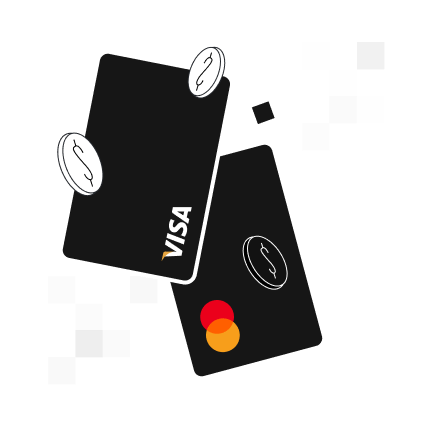From a global perspective, there are currently five main views on Bitcoin in the mainstream industry, and a consensus is gradually forming.
First, Bitcoin is a virtual commodity and has certain investment attributes;
Second, Bitcoin is a peer-to-peer payment method and may challenge Visa’s monopoly in the future;
Third, as an underlying blockchain, the Bitcoin blockchain provides consensus solutions for other public blockchains. Bitcoin itself is the handling fee for using this underlying blockchain. The Bitcoin blockchain may become a Infrastructure for other blockchain applications;
Fourth, Bitcoin is a virtual currency on the Internet, which has certain currency attributes and certain payment attributes in specific Internet communities;
Fifth, Bitcoin is a reserve asset similar to gold. Because of its characteristics such as standardization, divisibility, and online transmission, it has huge advantages in payment efficiency, storage costs, etc., and may become "digital gold" in the future, and It is a global asset that may replace gold in the era of value Internet.
Most countries currently do not recognize Bitcoin as currency, but define it as a virtual commodity. However, many countries have formulated corresponding policy regulations or supported its development, and have gradually become more positive from neutrality. The United States has incorporated Bitcoin into the traditional financial regulatory system and requires Bitcoin-related companies to apply for an MTL (money transmission license). The New York State government has also launched a special BitLicense to supervise Bitcoin; many European countries have always adopted a relatively positive attitude towards Bitcoin. Some countries have included Bitcoin companies in sandbox supervision, and some countries have emphasized that Bitcoin’s economic activities need to be taxed according to regulations; Japan’s FSA officially recognizes the currency status of Bitcoin and digital currencies, and stipulates that digital currency exchanges must register with the FSA; Russia has After launching a Bitcoin ban, Russia has liberalized Bitcoin transactions after many countries introduced corresponding policies; Raghuram Rajan, Governor of the Central Bank of India, believes that before understanding Bitcoin more deeply, there should be no strong intervention, but in-depth research.



 Vision
Vision 
 mission
mission 